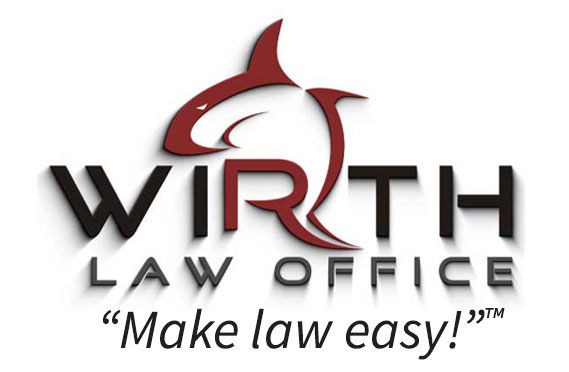In Plain Sight, No Privacy Rights
This is Oklahoma lawyer Stuart Ericson. Today we’re going to talk about searches of property. When can law enforcement or police search your property?
Number one, as with almost anything, law enforcement can search if you give them permission to. If they ask, “may we search your house, search your property, search your car?” If a person says yes, then they have given consent to a search. And obviously, under that, no search warrant is required. After an arrest, the police have a right to search kind of nearby property, nearby area at the time. So kind of a search incident to arrest and with probable cause is always allowable.
The next opportunity for law enforcement to search legally is the plain sight doctrine. So basically, if the police pull you over in a car and there is something in plain sight that they can see through the window, then they will be able to search for anything illegal that they see, or in other circumstances in plain sight because there’s no expectation of privacy for something that is in plain sight. And so that is an exception again to the law enforcement needing a search warrant to search, so if something’s in plain sight.
The next situation where no search warrant is required by law enforcement is an emergency situation or exigent circumstance where there’s a fact situation where evidence could be disposed of or hidden or disappeared before law enforcement has the opportunity to go and get a search warrant. And there are many factual situations covering that. A lot of case law would cover that. And again, everything’s going to be fact-specific. So in your case, if there’s a case filed against you, evidence is seized by this emergency exception to getting a search warrant, the police would allege their facts, and your attorney would review all of those facts. And if we were to determine that no, we do not think that was an emergency situation, it doesn’t fall under this exception, then a motion would be filed. A motion would be filed to suppress the evidence found stating that no, factually and legally, there was no emergency situation, and the search should be invalidated, and everything’s suppressed.
So again, as with most things in criminal law, everything’s going to be fact-based. You’ll want to review everything that law enforcement has done with an attorney and decide what motions if any, need to be filed because not every search is legal. Everything’s going to be fact-specific. But obviously, it’s very important if an illegal search occurred, you will want that suppressed, which is to say, not admitted against you, that they can’t use this against me. They didn’t get a search warrant and they had no exception.
So always talk with an attorney. If you have questions, reach out to me, Wagoner criminal defense attorney Stuart Ericson at wagonerlawyer.com.








